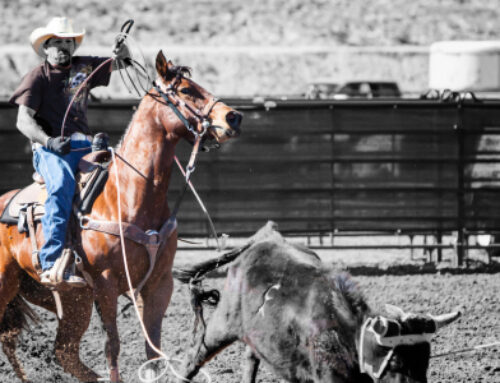Turning Automation into a Scalable Strategy
Robotic Process Automation (RPA) transforms how businesses operate by automating repetitive, rule-based tasks. It boosts efficiency, reduces manual errors, and allows employees to refocus on more valuable, strategic work. Yet, for many organizations, RPA remains an isolated effort that fails to scale or deliver consistent results over time. That’s where a Robotic Process Automation Center of Excellence (CoE) comes in.
Market momentum is at an all-time high. Precedence Research reports that the global RPA market, valued at $22.80 billion in 2024, is on track to reach $211.06 billion by 2034, growing at an impressive 25% CAGR. With this level of investment and adoption, organizations should take a closer look at evolving their automation approach.
What is a CoE?
A CoE serves as a command center, bringing together the people, processes, and technologies needed to govern, scale, and sustain RPA initiatives across the enterprise.
The team typically includes a Program Manager who leads the strategy and ensures alignment with business goals. RPA Developers design, build, and maintain automation solutions, while Business Analysts evaluate processes and translate business requirements into technical automation opportunities. Infrastructure and Support Specialists manage the platform and ensure systems run smoothly. Rounding out the team, RPA Trainers build internal capabilities by educating employees on how to use RPA tools effectively.
Driving Governance, Control, and Adoption
The CoE ensures automation is executed consistently and securely by establishing organization-wide standards and best practices. It acts as a single control point for all RPA activities, improving visibility and reducing duplication of effort across teams. By managing the infrastructure and providing ongoing technical support, the CoE keeps automation solutions running reliably, minimizing downtime and maximizing performance.
Equally important, the CoE plays a key role in building automation skills across the organization. Through structured training and enablement, it helps both technical and business users adopt automation confidently. This not only drives faster adoption but also fosters a culture of innovation, empowering more teams to identify and implement automation in their day-to-day operations.
Meeting the Demand for Scalable Automation
Organizations that invest in a CoE see measurable benefits. RPA has been shown to reduce operational costs by an average of 31% over three years, according to Deloitte. Automation also improves accuracy and consistency, helping organizations meet compliance requirements more reliably. With a dedicated team guiding and optimizing efforts, businesses are better equipped to scale automation as needs evolve, ensuring long-term value and impact.
RPA adoption continues to accelerate across industries, but scaling successfully requires more than technology alone. A CoE provides the structure, expertise, and governance necessary to ensure automation delivers meaningful business outcomes enterprise-wide.
As automation continues to drive digital transformation, the role of the RPA Center of Excellence (CoE) will only grow in importance. Organizations that invest in this capability today will be better positioned to unlock the full potential of automation tomorrow.
Ready to take the next step?
Explore how Forty8Fifty Labs can help you build, optimize, and scale your RPA Center of Excellence. Contact us today to start your automation journey with confidence.
Related Posts:
Revolutionizing Finance: 5 Major Impacts of Robotic Process Automation






